
Dear Teacher,
Hi, you don’t know me yet, but I will be a student in your class this year.
For the next nine months, you will be one of the more important people in my life, though I will never say this to you or anyone else.
On some days, you will be the MOST important person.
Thank you for being my teacher.
Thank you for giving me and other children enough hope to continue struggling against the poverty, prejudice, abuse, alcoholism, hunger, and apathy that are a daily part of so many of our young lives.
Many of my fellow students, who come from homes where they are loved, will come to school ready to learn.
Others, like me, will come to school first to be loved.
I know you went into teaching to make a difference. I am here to tell you, I am that difference. I am a child who needs you. I promise, if you reach me, you will change my life. You might not see the difference today or tomorrow, but if you stick with me, you will make a difference in my life that no test can ever measure.
I must warn you. It will not be easy.
I will sometimes be hard to handle and I may take every ounce of patience you have. I have learned to push buttons well in order to get attention from adults. There will be times that I challenge you in ways that make you second guess what you are doing. But I need you. I need you to keep pushing me. I need you to set limits and help me understand them.
I will also pretend like I don’t like school to avoid admitting that I am not as book smart as some other kids. Yet school is the most stable part of my life. I don’t know how I would survive without it.
I know you don’t know me. If you did, we would get along a lot better. I look and sound like many of the other kids, but I am different in so many ways. To survive in my world, I will always portray myself as tough on the outside. It will take work to discover the softness inside me. I hope you can do it.
You might be the only one who can get to the real me. It will take time and patience. It might even take learning about something you know nothing about. But, teacher, I need you. I need you to give it your all to see me—the real me.
I will be bringing a lot of baggage to your classroom everyday. I am dealing with things someone my age should not be expected to handle. Yet, I will fight to keep my personal life a mystery to you because I have to learn to trust you first. I have to know that you won’t use this information to judge or embarrass me. I have made this mistake before.
I know you have 25 other kids in class. All of them will need you sometimes too. I will need you every day. I need you to find my good qualities because those other kids won’t see them. My teacher last year didn’t see them, and most days, if not all, I don’t even see them.
But, please, teacher, I need you to fight to get to know me. I can’t tell you with my words what I need you to know, so I might act out instead. Take that as my sign that I need you. You might be all I have.
I know I throw fits. I’ll talk when I am not supposed to. I will fidget because I cannot sit still for very long. I know I will occasionally disrupt your class and the lesson you had planned for that day. But teacher, I need you to believe in me. I need you to believe that my actions are a cry for help, not an act against you. Please don’t take it personally. I need you to believe that I want to fit in, but just don’t know how.
Finally, I want to thank you for consistently giving respect to children like me who don’t know what to do with it and don’t realize what a valuable gift you are offering.
And for caring about children whose own families don’t care — or don’t know how to show that they do.
Thank you for spending your own money on pens and pencils, erasers and chalk, paper, tissues, bandages, birthday gifts, treats, clothing, shoes, eyeglasses — and a hundred other things that your students need and don’t have.
Thank you for raiding your own children’s closets to find a pair of shoes or a sweater for a child who has none.
For spending sleepless nights worrying about children like me, wondering what else you might do to help overcome the obstacles that life has placed in our paths.
For putting your own family on hold while you meet with my family or that of another struggling student.
For believing in the life-changing power of education.
For maintaining your belief that I can learn if you are patient and learn how to teach me.
For risking your job to give me a much-needed hug instead of just a high-five.
For taking on one of the most difficult, challenging, frustrating, emotionally exhausting, mentally draining, satisfying, wonderful, important and precious jobs in the world.
Thank you for being YOU and for loving ME!

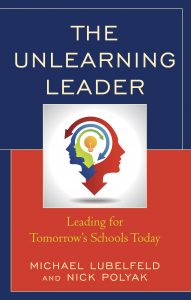
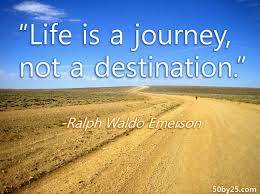
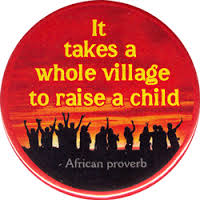
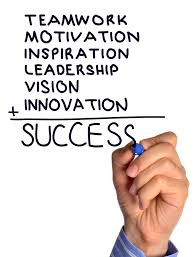
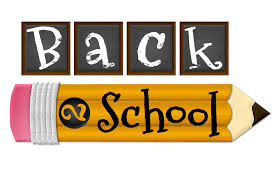 osted a back-to-school article
osted a back-to-school article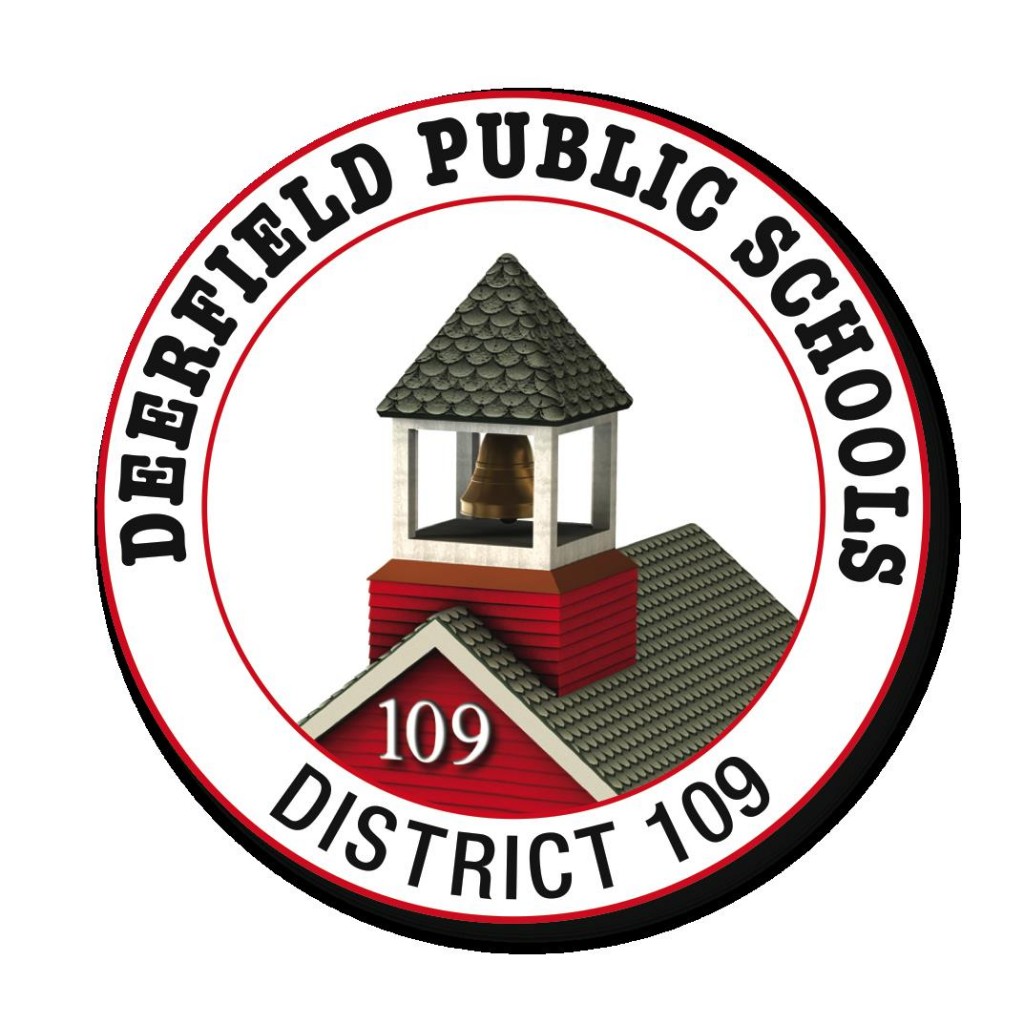


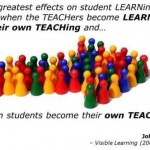
Rob, may I share this with the other teachers at my school? This is SUCH a good reminder for August…and September…and October…and every day of the school year.
I have those students who remind me of the Herdman’s. Remember those kids from _The Best Christmas Pageant, Ever?_ Every year I meet a new cast of Herdman’s kids…eager, but bossy and awkward, unaware of certain morays or traditions or what not. These kids are wise beyond their years, but no test can EVER score their intelligences.
And as the mom of a kiddo with learning differences, I feel it is so very important to reveal each kid’s gifts to them — to show them and their classmates what geniuses they all truly are! This is how I see maker spaces enter into a system driven by testing data. As librarian, I can offer a place where students can come and create and problem solve…and perhaps even open up to me in the process.
So, thank you, again, for this incredibly moving blog entry. ((Sniff. Sniff. Please pass me a tissue!))
Of course you can share, Cathy. I love your example. The maker space movement is one of the best things to come to media centers since the dewey decimal system!
Rob, I read this before I realized this was from you. It resonated with me so much with the work I do at KIPP every day. I hope it is ok to print n share with my peers. Thank u for the mrssage and I hope you have a great year.
Good to hear from you, Madonna. You’re certainly welcome to share.